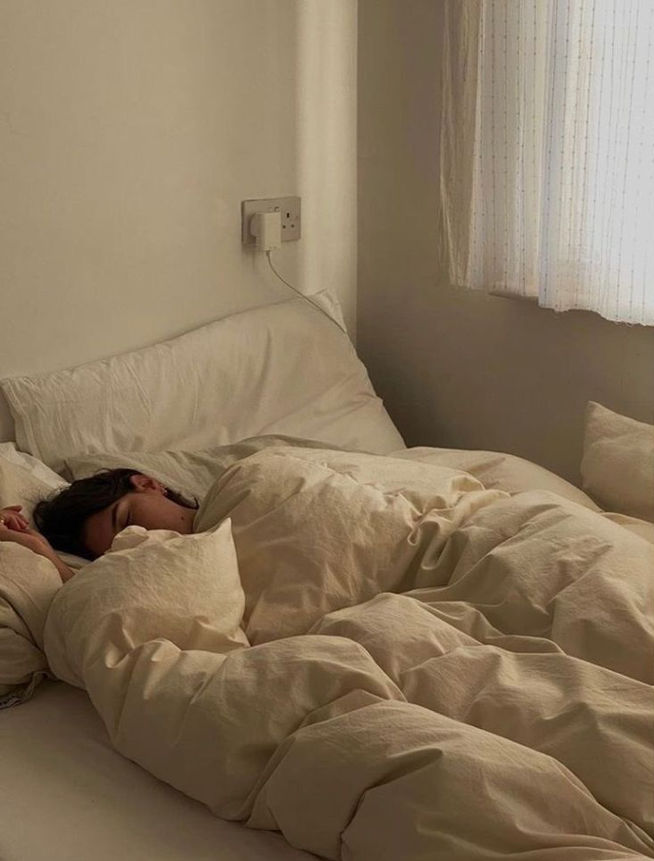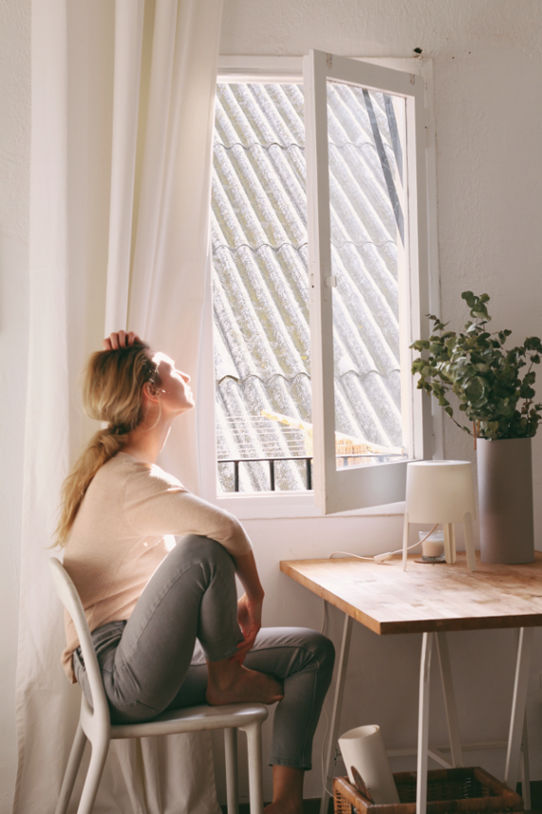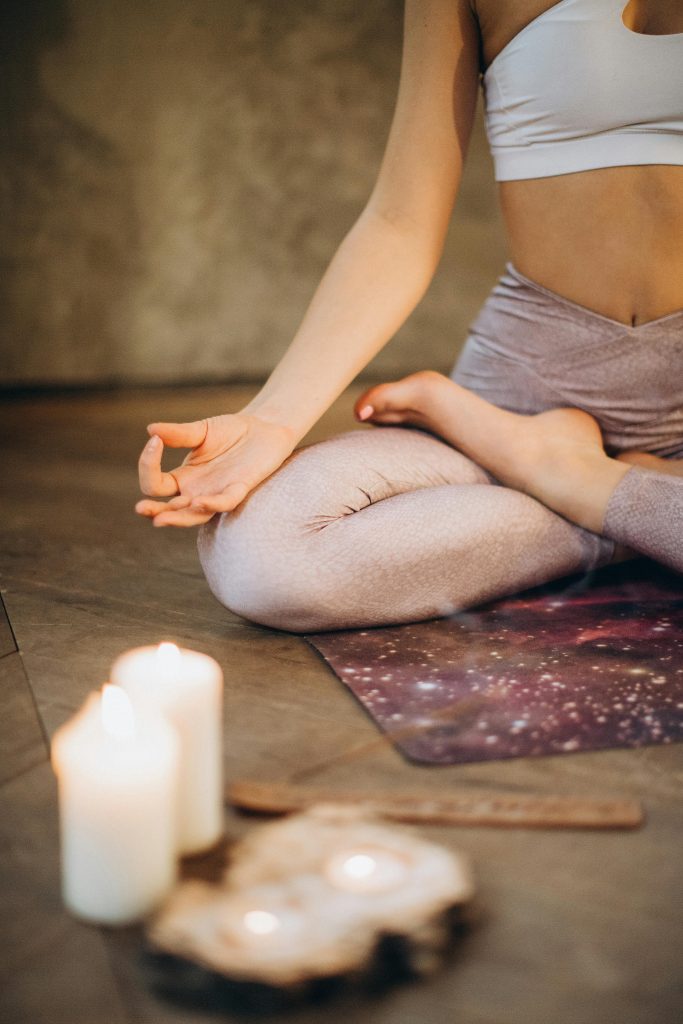Slow living in a world where the pace of life seems to quicken by the day, is often good call. There is a growing movement that’s quietly urging us to take a step back. To Breathe, and embrace the art of slow living.
It’s a call to reclaim our time, prioritize what truly matters, and find serenity in the simple moments. Slow living is not about doing everything at a snail’s pace but rather about savoring life’s essence.
If you are more into selfcare alone make sure to read our 22 budget-friendly selfcare ideas or dreaming of taking a pause from the stress of life read our guide to taking a solo trip to slow down.
Let’s delve deeper into the essence of slow living, explore its core principles, and discover how it can transform our lives for the better.

Understanding Slow Living
Slow living is a conscious lifestyle choice that encourages individuals to recalibrate their lives. It’s an acknowledgment that the relentless pursuit of more, faster, and busier isn’t necessarily the path to fulfillment. Instead, it encourages us to pause and reflect on what truly brings joy, meaning, and contentment into our lives.
At its core, slow living can take various forms. For some, it means making room for self-care, nurturing the body and mind. For others, it involves stepping away from the traditional treadmill of life, reevaluating conventional goals such as full-time employment or mainstream schooling, and opting for a lifestyle that allows for more breathing room.
Regardless of how one defines slow living, several guiding principles underpin this movement, creating a tapestry of values that promote a more balanced and meaningful existence.
Breathe Deeply and Mindfully
One fundamental aspect of slow living is the art of deep breathing. It’s a simple yet powerful tool that connects us with the present moment. In the rush of daily life, we often forget to pause and take a deep breath. Deep breathing not only calms our minds but also heightens our awareness of the world around us. It’s a free and accessible way to infuse slowness into our lives. Try guided breathing exercises to get started on this journey.
Embrace Simplicity
The philosophy of voluntary simplicity is central to slow living. It encourages us to declutter our lives, much like Marie Kondo’s approach to decluttering our homes. By letting go of things that no longer “spark joy,” we create space for a warmer and more welcoming environment where we can fully appreciate each day.
Slow Down to Savor Food
Cooking is a delightful gateway to slow living. The Slow Food Movement emphasizes traditional cooking methods and encourages us to engage our senses fully when eating. Slowing down to cook and relishing meals allows us to connect deeply with the textures, flavors, and scents of food. This practice not only enhances our enjoyment of meals but also serves as an excellent exercise in mindfulness.
Prioritize Meaningful Relationships
Slow living necessitates a reallocation of time based on our values. It involves consciously choosing to spend more time on relationships that matter deeply to us. In a world where digital distractions abound, simple gestures like sharing a meal with a loved one without any electronic devices or dedicating focused time for meaningful conversations can strengthen our bonds.
Set Aside Time for Yourself
Amidst life’s commitments, it’s vital to carve out moments of solitude. Alone time is not only healthy for the mind but also provides an opportunity to work on personal projects and goals. It’s a time to recharge, reflect, and rediscover ourselves.
Move Your Body and Connect with Nature
Regular physical activity, especially in natural settings, offers a respite from the buzz of daily responsibilities. Whether it’s a home workout or a morning stroll in a nearby park, moving our bodies allows our minds to rest and rejuvenate.
Embrace Digital Detoxes
In a world tethered to digital devices, slowing down often necessitates disconnecting. Taking regular digital detoxes can compel us to shift our focus from screens to the natural world, our inner selves, and our immediate surroundings. It’s an opportunity to reconnect with nature, our thoughts, and the present moment.
As you embark on your slow living journey, remember that it’s not about perfection; it’s about progress. Embrace the principles that resonate with you, and gradually weave them into your daily life. Slow living is a gentle reminder that the quality of our moments matters more than the quantity of our actions. So, take a deep breath, simplify, and savor the beauty of life at a slower pace. In the midst of life’s chaos, slow living offers the promise of tranquility, fulfillment, and a deeper connection to the world around us.
Slow down, enjoy more.
More and more people are pushing back against the status quo of hurry culture. In a world where haste and busyness have become the default, individuals are seeking solace in the concept of slow living. They yearn for a life that isn’t defined by the relentless pursuit of time but by the quality of moments and the depth of connections.
Slow living is a movement that embraces a deliberate and mindful approach to life. It’s about savoring the present, prioritizing what truly matters, and nurturing a sense of balance. In a society that often equates speed with success, slow living encourages individuals to reevaluate their priorities and discover the beauty in simplicity.
People are choosing to slow down and savor life’s small pleasures. They are opting for quality over quantity, depth over superficiality, and calm over chaos. The allure of slow living lies in its ability to foster a sense of peace, purpose, and contentment in a world that often feels hurried and fragmented.
“Why does it matter so much what others think?”
The Pressure to Appear Successful and Its Impact on Mental Wellbeing… it’s tough.
In a society driven by the need to appear successful, many individuals grapple with the weight of external expectations and judgments. The relentless pursuit of outward success often takes a toll on mental wellbeing, as people strive to meet societal standards rather than authentic personal goals.
The pressure to maintain a facade of success can lead to stress, anxiety, and a sense of disconnection from one’s true self. In this exploration, we delve into the significance of why others’ opinions hold such sway and the potential consequences it can have on our mental health.
“Caring about what other people think is a waste of time. Most people don’t even know what they think about themselves.”
4 Ways To Start Living A Slow Lifestyle
If you’re eager to embark on a journey toward a slower, more intentional way of life, here are four practical ways to start living a slow lifestyle:
1. Declutter Your Space
Begin by simplifying your surroundings. Take a look at your living space and identify items that no longer serve a purpose or bring you joy. Embrace the principles of minimalism by decluttering your home. Donate or sell things you no longer need, and create a clean, uncluttered environment that fosters a sense of calm and serenity.
2. Mindful Eating
Slow down and savor your meals. Avoid rushing through breakfast or eating lunch at your desk. Instead, set aside dedicated time to enjoy your food. Pay attention to the flavors, textures, and aromas of your meals. Eating mindfully not only enhances your appreciation of food but also promotes better digestion and overall well-being.
3. Unplug and Disconnect
In today’s hyper-connected world, it’s essential to disconnect from digital devices regularly. Schedule digital detoxes where you spend time away from your phone, computer, and social media. Use this time to engage in activities that promote relaxation and connection with the real world, such as reading, nature walks, or spending quality time with loved ones.
4. Prioritize Self-Care
Make self-care a non-negotiable part of your routine. Set aside time each day to engage in activities that nourish your body and soul. This could include meditation, yoga, journaling, or simply enjoying a warm bath. Prioritizing self-care helps reduce stress and cultivates a sense of inner peace.
By incorporating these practices into your life, you can gradually transition to a slower, more mindful way of living that promotes balance, contentment, and a deeper connection with the world around you. Slow living is not about achieving perfection; it’s about embracing progress and savoring the journey toward a more intentional and fulfilling life.






